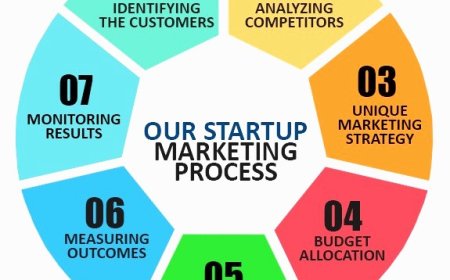What is my exit strategy or long-term plan for the business
Having an exit strategy or long-term plan for your business is an important consideration, even if it may change or evolve over time. Here are some common exit strategies and long-term plans to consider:

Having an exit strategy or long-term plan for your business is an important consideration, even if it may change or evolve over time. Here are some common exit strategies and long-term plans to consider:
-
Sale of the Business: One exit strategy is to sell your business to another individual or company. This can involve finding a buyer who sees value in your business, negotiating a sale price, and completing the necessary legal and financial transactions. Selling your business can provide a financial return and allow you to move on to new ventures.
-
Initial Public Offering (IPO): If your business has substantial growth potential and meets the requirements, you may consider taking your company public through an IPO. This involves listing shares on a stock exchange, allowing you to raise capital from public investors. However, the IPO process is complex and requires careful planning and compliance with regulatory requirements.
-
Succession Planning: If you envision passing on your business to a family member, a trusted employee, or a partner, succession planning is crucial. This involves identifying and preparing a successor who can take over the business when you exit. Succession planning may involve training, mentoring, and gradually transitioning ownership and responsibilities.
-
Merger or Acquisition: Instead of selling the entire business, you may explore the option of merging with or being acquired by another company. This can offer synergies, market expansion, or access to resources that can accelerate growth. Negotiating the terms of the merger or acquisition and integrating the businesses successfully are key considerations in this strategy.
-
Franchising or Licensing: If your business has a scalable and replicable model, you may consider franchising or licensing your brand and operations. This allows you to expand your business through partnerships with other entrepreneurs who pay fees or royalties for the right to operate under your established brand and business model.
-
Legacy or Lifestyle Business: Some entrepreneurs may choose to continue running their business as a legacy or lifestyle business without any specific plans for exit. In this case, the long-term plan is to maintain the business's stability and profitability while enjoying a flexible lifestyle. This approach may involve delegating more responsibilities to a management team or adopting a more passive role over time.
-
Liquidation or Dissolution: If the business is no longer viable or you have personal reasons to close it down, the exit strategy may involve liquidating assets and settling any outstanding liabilities. This process involves selling off inventory, equipment, or intellectual property and winding down the business in compliance with legal requirements.
It's important to note that your exit strategy or long-term plan should align with your overall business goals, personal objectives, and the specific circumstances of your industry and market. Consider consulting with professionals such as business advisors, accountants, or lawyers who can provide guidance tailored to your situation.
Additionally, it's common for exit strategies or long-term plans to change or evolve as your business progresses. Regularly review and update your plans as needed to ensure they remain relevant and aligned with your goals.
What's Your Reaction?











































